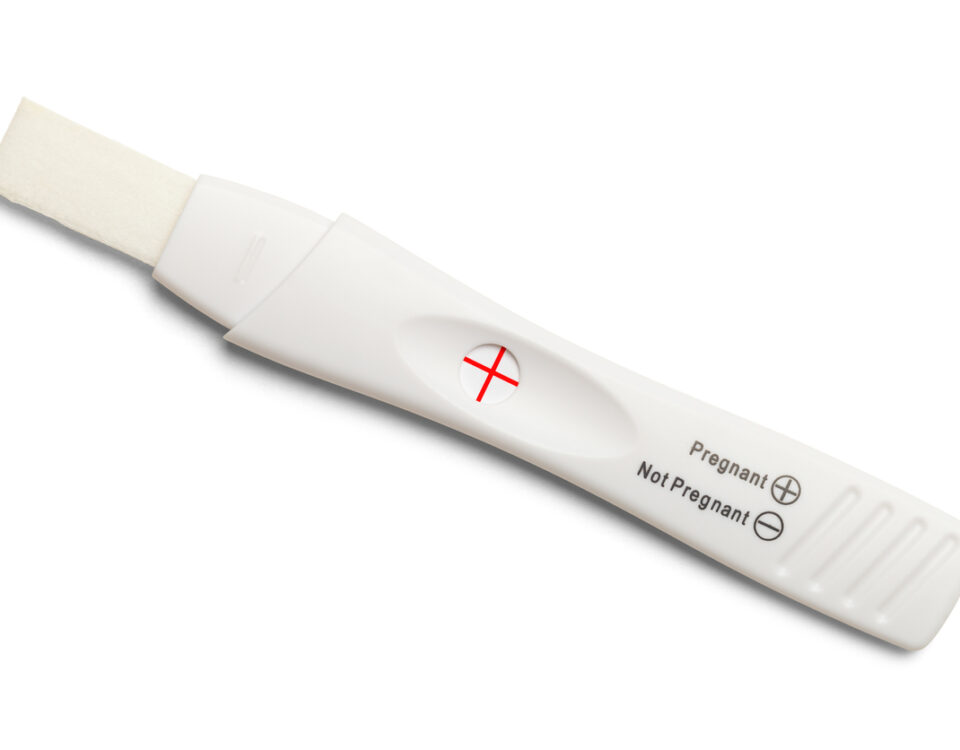Polycystic Ovarian Syndrome (PCOS) is a common hormonal disorder that affects roughly 10% of women. It can cause symptoms of high male pattern hormones (known as hyperandrogenism) such as irregular periods, excess body hair (ie chin hair and lip hair), hair loss on the top of the head, and acne.
DIAGNOSTIC CRITERIA OF PCOS
PCOS is diagnosed according to the Rotterdam criteria. Women need to meet at least 2 of 3 of these criteria to be diagnosed with PCOS:
- Irregular Cycles: Cycles that are less than 21 days apart or more than 35 days apart.
- High Androgens: Evidence of high male pattern hormones, whether through symptoms or bloodwork. Note that if women have symptoms of excess androgens or testosterone but their bloodwork remains within the normal range, then this criteria would still be met.
- Polycystic Ovaries on Ultrasound: A regular ovary has 8-12 follicles. When an ovary contains more than 12 follicles it is called a polycystic ovary. It is important to note that women can have polycystic ovaries WITHOUT having polycystic ovarian syndrome.
INSULIN RESISTANCE AND PCOS
Insulin resistance is the underlying cause of PCOS in 80% of patients. It is a common but not universal feature of PCOS. Women with insulin resistance will essentially make poor-quality insulin and as a result, increased levels of insulin. Insulin can lead to hyperandrogenism which is why there is a link with PCOS. In women who are insulin resistant, managing insulin is key to managing symptoms of PCOS.
OTHER SIGNS AND SYMPTOMS THAT MAY INDICATE PCOS
There are other factors outside of the diagnostic criteria that may point us in the direction of PCOS. At times, patients will come in with irregular cycles but other symptoms of high testosterone. We may suspect PCOS in these patients if they have these signs and symptoms:
- High LH: Often a luteinizing hormone blood test is done on day 3 of the cycle along with FSH. When LH is over 2x higher than FSH, we often suspect high androgens. High LH is common in PCOS but is not part of the diagnostic criteria
- Acanthosis Nigricans: Insulin resistance can cause a darkening of the skin in certain areas such as the groin, the armpits and the neck.
- High fasting blood sugar or HbA1c: When there is high fasting blood sugar or HbA1c (which is an average blood sugar over 3 months), insulin resistance is likely present. Note that these metrics can also appear normal when insulin is elevated.
- High AMH: Anti-Mullerian Hormone is often measured by fertility clinics. AMH is a hormone given off by developing follicles in the ovary. As women with PCOS have higher numbers of developing follicles, AMH is often elevated in women with PCOS.
- Family history of diabetes: When there is a family history of type 2 diabetes, there may be a genetic predisposition to higher insulin levels in the body.
- Overweight: The stereotypical body type of a woman with PCOS is one who is overweight. The reason for this is that insulin resistance can either be the result of weight gain or can cause weight gain. In women with insulin resistance, it becomes harder to lose weight.
- Recent weight gain: If PCOS symptoms began shortly after a period of weight gain then this can make us suspect PCOS. Weight gain often leads to an increase in insulin production in the body which could then lead to hyperandrogenism.
- High fasting glucose or HbA1c: Blood sugar and insulin work together very closely. When fasting glucose or HbA1c is elevated then very often insulin resistance will be an issue.
Diagnosis and management of PCOS is ideal at an early stage. When managing insulin resistance early on, long-term health risks such as type 2 diabetes and cardiovascular disease may be prevented. If you suspect that you may have PCOS then please do not hesitate to book in for an initial consultation.
Dr Ashley von Martels ND is a naturopath in Toronto focusing on Women’s Health. Her areas of interest include: PCOS, irregular periods, acne, interstitial cystitis, UTI’s, yeast infections, PMS, endometriosis, menopause, fertility, pregnancy and preconception (amongst others). She offers virtual consultations to patients across Ontario.





